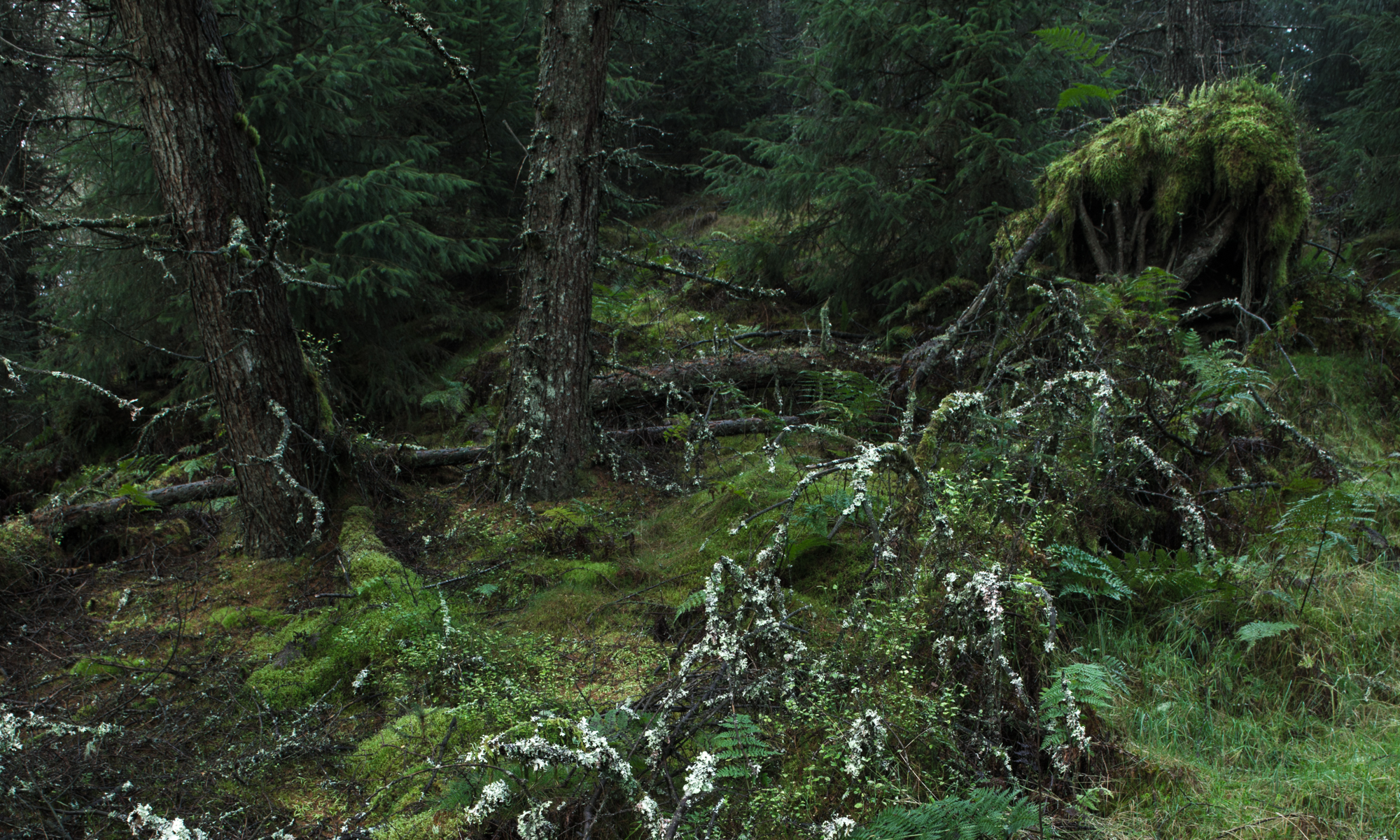“You haven’t seen someone who looks like they could have fallen off a horse?”, a concerned looking guy asks me. The horse had turned up at the car park just before I arrived, its saddle and bridle still attached but with no sign of a rider. I tell him I haven’t. With the police on their way, I promise to keep a look out.
In Coming Down The Wye, Robert Gibbings remarks of Plynlimon that it’s hard to have an accident. A friendly hill, difficult to break one’s neck without effort. As if to prove him wrong, the Severn manages this in poetic fashion a short distance downstream of here, but, for the most part, Plynlimon is a friendly hill. However, its remoteness demands a certain amount of respect and it’s easy to walk all day without meeting another human being. There are places here where you’re unlikely to be found if you do get into trouble.
Once, while exploring a hillside above the Elan Valley, I stood on an old piece of fencing wire buried in the moor grass. The end had eroded over the years into a long rusty spike that went through my shoe and into my foot. As well as the blood, I remember the suffocating silence and a sudden feeling of panic. There can be an almost unnerving emptiness to the area; an indifference to human plight. As I limped back to the roadside, shivering on that hot summer’s day, I realised I had been lucky. The infection set in later that night, requiring a second trip to casualty and an emergency course of antibiotics.
I sometimes think that, over the years, despite their imposition on the landscape and ecological impact, the manmade forests of mid Wales have slowly become a kind of wilderness. Away from the roads there are parts that must rarely, if ever, see a human visitor; simply left for decades to quietly exist. A couple of years back, I made an image of a small stream in the Hafren forest, the banks covered in deep moss and strewn with fallen trees. The area has now been felled, torn up by heavy machinery, and I no longer recognise the spot where I stood. Ironically, this feels like a desecration.
In October 1980, at the height of the big cat scare, armed police staked out a barn near Llangurig after a spate of sheep killings in the area. The “Llangurig beast” was never caught, and, if it ever really existed, its body was never found. Maybe it eventually slunk into the forest to die, and its bones lie somewhere long forgotten, buried in moss and waiting for forestry operations to uncover them.
The days are short at this time of year and the light is starting to fail. I wonder what it was that could cause someone to fall from their horse. Could the animal have bolted after it was startled by something? I put such thoughts to the back of my mind, but my human eyes are struggling in the gloom, and I have no wish to spend more time out here tonight. Winter is coming, and I am planning a night in front of the fire.
